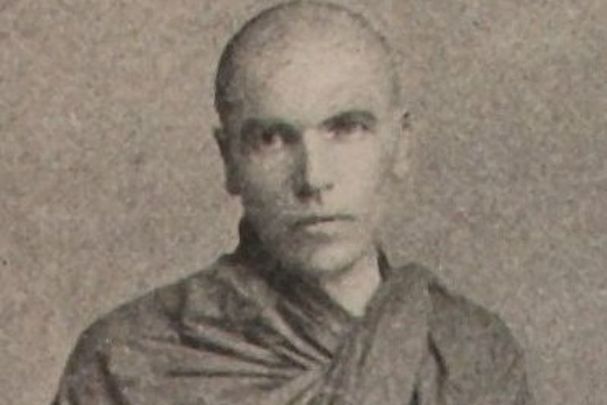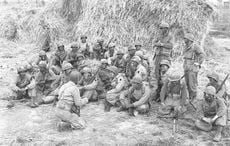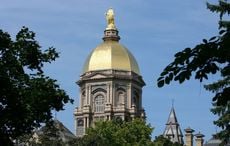Irish emigration to the United States in the 19th is full to the brim with stories of success and failure, but few stories rival that of a Dublin cabin boy who headed across the Atlantic in search of a better life and became the first western Buddhist monk in Burma two decades later.
Possibly a native of Booterstown in County Dublin, the emigrant appeared to go by many names and referred to himself as Laurence Carroll, William Colvin, and Lawrence O'Rourke at different times, according to the Irish Times.
He journeyed to America in the 1870s but didn't find the Land of Opportunity to be all that it was made out to be.
The many-named emigrant moved from town to town taking on infrequent labor work until he reached the West Coast.
He had lived a vagrant's life, often sneaking onto freight trains in order to find a place to rest and causing vexation among local law enforcement and railway security services.
The Irish emigrant was reportedly fond of the drink, and the violence that often accompanied it, and he became an outspoken proponent of anti-establishment radicalism.
In the 1880s, roughly a decade after his voyage to the United States, the emigrant began working at sea again, only this time he served on the Pacific Ocean rather than the Atlantic.
His work took him to Japan, where he ultimately stayed behind.
From there, he journeyed to the British-controlled Kingdom of Burma where he met several Burmese monks and took up an interest in Theravada Buddhism.
After spending some time working as a tally clerk in the Burmese port of Rangoon, he decided to become a novice monk, according to the Irish Times, and began living in the Tavoy Monastery.
Five years later, he was ordained a full monk (Bhikku) and assumed the name Dhammaloka in 1899, making him the first westerner to become a Buddhist monk.
He traveled around Asia and parts of Oceania teaching and speaking about the Buddhist faith, and frequently spoke out against Christian missionaries and the British Administration in Burman for not respecting the local's religious practices.
The British feared that his rousing public speeches would whip the locals into a frenzy and prompt a full-scale uprising and they became frustrated with his constant attempts to undermine British rule in Burma.
He was found guilty of sedition and left Burma in 1911 when he possibly moved to Bangkok, Thailand, according to researchers at EPIC, The Irish Emigration Museum.

Love Irish history? Share your favorite stories with other history buffs in the IrishCentral History Facebook group.
However, the wandering Irishman managed to win over Buddhist monks and his unusual position as a white European practicing the religion in the 19th century meant that he was able to communicate the troubles of the Burmese people to the world at large.
He achieved celebrity status and was sometimes referred to as the "Irish Buddhist," yet his well-traveled life has become almost completely forgotten in his homeland.




Comments